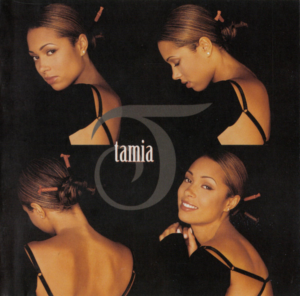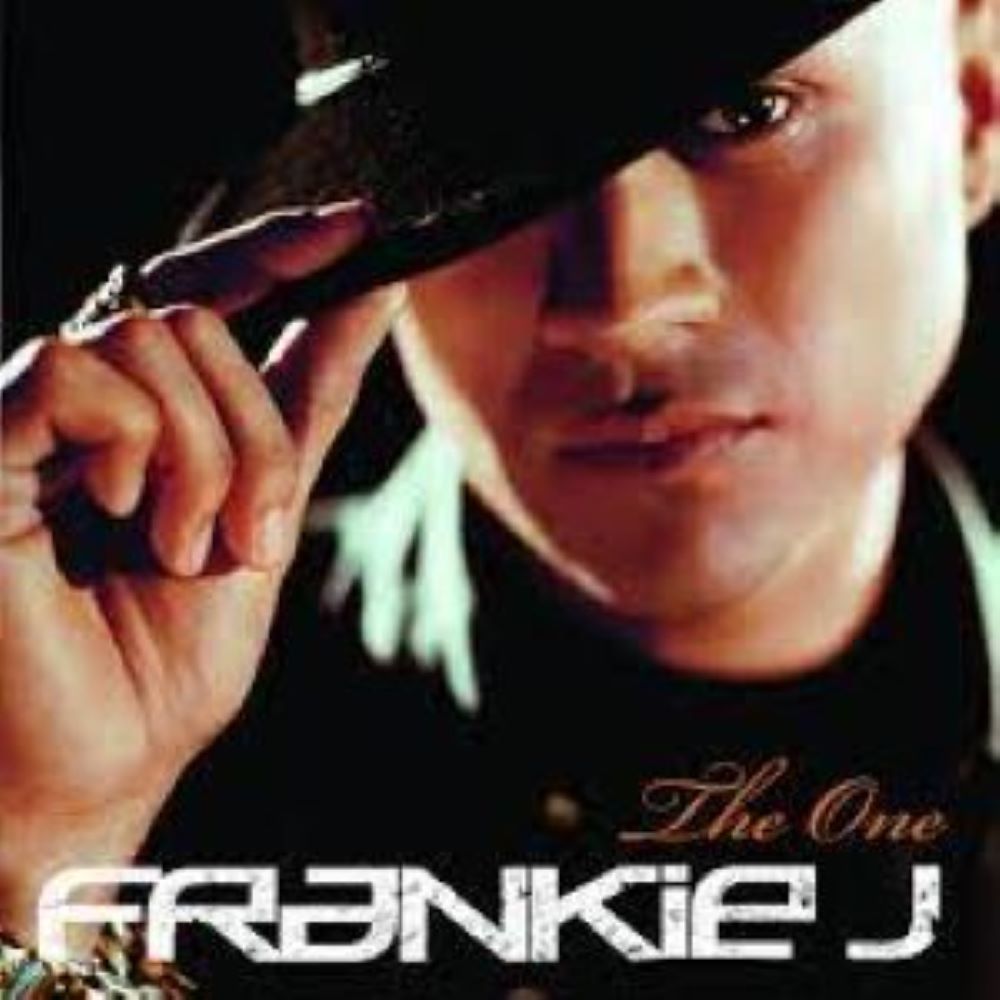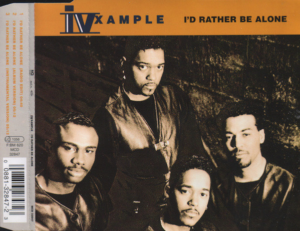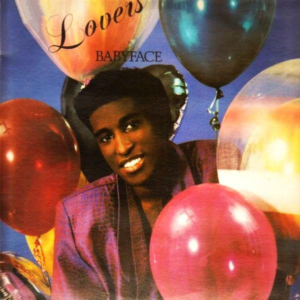Frankie J experienced his first taste of stardom as a member of the Kumbia Kings before embarking on a solo career with his debut album What’s A Man to Do in 2003. He followed that project up with a self-titled Spanish language album and then delivered another English language album, The One, in 2005. Frankie’s label pulled out all the stops for his third album, linking the singer with producers such as Soulshock & Karlin, Irv Gotti, Bryan-Michael Cox, and Mario Winans. While the popular choice for Slow Jam Saturday would be to revisit his cover of “More Than Words” or the Cox-produced “How To Deal,” I decided to go with an album track. For the album’s tenth track, Frankie linked up with Troop member and highly underrated songwriter Steve Russell for “Gone.” Rusell had already made a name outside of Troop, writing hits for artists such as B2K, Marques Houston, Avant, and The Whispers. So it was a no-brainer to have Frankie J work with him. Rusell pens a heartfelt ballad about the pain of losing someone due to one’s own mistakes. The lyrics depict the narrator’s struggles to cope with the aftermath of a failed relationship. The song is especially poignant because the narrator realizes he is to blame for his lover leaving him. He is left to regret his actions and tries to cope with his loss by reflecting on his past actions. In the first verse, the narrator expresses his difficulty sleeping and coming to terms with the fact that he is alone. He realizes that his past relationships have played a part in shaping who he is. But now, he regrets his actions toward his lover, who left him for good. The chorus repeats the theme of his lover leaving, reiterated by the repetition of “gone, gone, gone .” Frankie laments that his lover has moved on and is not thinking about him anymore. He recognizes that it is his fault for not giving her his all. Frankie feels lonely and miserable in the second verse since his lady love left. His pain is intense, and he compares it to a hollow point in their heart. He is ready to take responsibility for the separation and finds moving on hard. As Frankie croons Russell’s lyrics about feeling lost without his partner, we can all relate to the regret of turning your back on a former love. The song’s ending gives a feeling of closure as it implies that the person mentioned in the song has left for good. A heartfelt and reflective song that portrays the sorrow and remorse that often come with the end of a relationship, “Gone” still holds up eighteen years later. It could have been a hit if a more prominent artist had this song. e,” Steve Russell showed off his impeccable songwriting talent and gave Frankie a slow cut I still have in my rotation. Final Grade: B+ “Gone” by Frankie J from The One is available on all streaming platforms. | 





